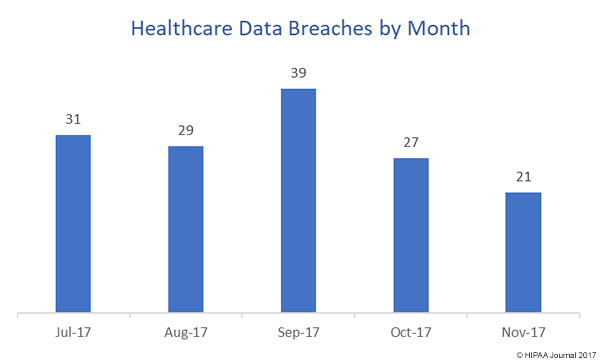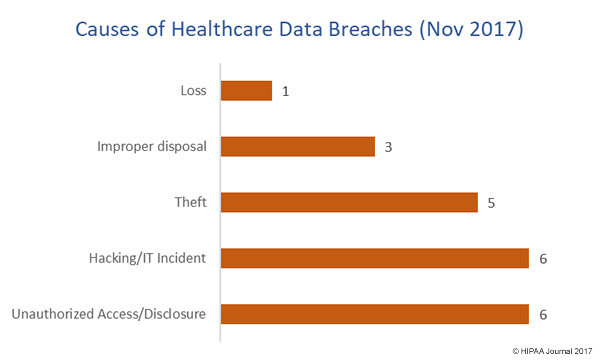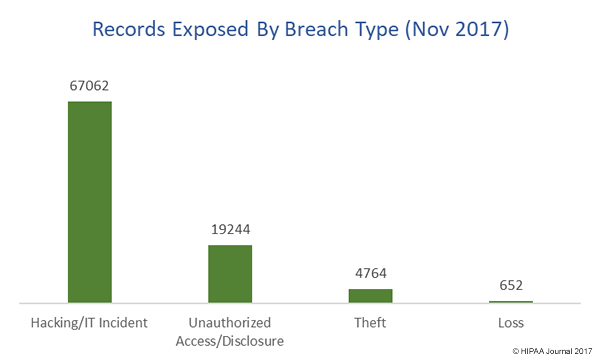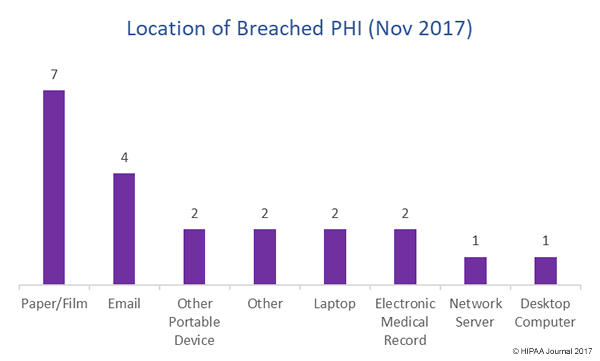HIPAA-covered entities must ensure protected health information (PHI) transmitted by email is secured to prevent unauthorized individuals from intercepting messages, and many choose to use HIPAA compliant email providers to ensure appropriate controls are applied to ensure the confidentiality, integrity, and availability of PHI.
There are many HIPAA compliant email providers to choose from that provide end-to-end encryption for messages. Some of the solutions require software to be hosted on your own infrastructure; others take care of everything. Changing email provider does not necessarily mean you have to change your email addresses. Many services allow you to keep your existing email addresses and send messages as you normally would from your desktop.
All HIPAA compliant email providers must ensure their solution incorporates all of the safeguards required by the HIPAA Security Rule. The solutions need to have access controls 164.312(a)(1), audit controls 164.312(b), integrity controls 164.312(c)(1), authentication 164.312(d), and PHI must be secured in transit 164.312(e)(1).
Provided that an email service provider incorporates all of those controls, the service can be considered HIPAA-compliant. However, it is also necessary for an email service provider to enter into a contract with a HIPAA-covered entity in the form of a business associate agreement. Only then can the email service be used.
HIPAA-covered entities should bear in mind that HIPAA-compliant email is not the responsibility of the service provider. The service provider must only ensure appropriate safeguards are incorporated. It is the responsibility of the covered entity to ensure the solution is configured correctly, that staff are trained on the use of email and are made aware of the allowable uses and disclosures of PHI.
An email service alone will not satisfy all HIPAA requirements for email. Staff should also receive training on security awareness and be made aware of the threats that can arrive in inboxes. Technologies should also be implemented to reduce the risk of email-based attacks such as phishing. Some email service providers, but not all, scan inbound messages and block spam, malware and phishing emails.
Is Encryption for Email Mandatory?
That is a question asked by many healthcare organizations. While HIPAA compliant email providers encrypt all emails in transit, encryption is not mandatory. The HIPAA Security Rule only requires organizations to assess the need for encryption. A HIPAA-covered entity does not need to encrypt emails, if an alternative and equivalent control is used in its place.
One such control is the use of a secure email server located behind a firewall. In such cases, provided a risk assessment has been conducted and the reasons for not encrypting emails has been documented, encryption would not be required on all internal emails. Encryption would also not be necessary when sending emails to patients who have authorized a covered entity to communicate with them via email.
However, since most healthcare organizations need to submit payment claims via email, contact other healthcare organizations and refer patients, it is necessary to send emails outside the protection of the firewall. In such cases, encryption is necessary.
There are considerable risks sending sensitive information via email. Email is not a secure way of sending data. Emails must be created on one machine, be sent to an outbound email server, traverse the Internet, arrive at the recipient’s email server, before being delivered to the recipient’s device. Copies of emails can be on at least four different machines, and messages can easily be intercepted in transit.
The Department of Health and Human Services has already issued fines to covered entities that have used email services that are not HIPAA compliant. Phoenix Cardiac Surgery paid a $100,000 penalty for using insecure Internet-based email.
List of HIPAA Compliant Email Providers
 Our list of HIPAA compliant email providers has been compiled to save you time in your search for a suitable email service provider. The list of HIPAA compliant email providers is not exhaustive. There are many other service providers that offer email services for healthcare organizations that meet the requirements of HIPAA. However, the list below is a good starting point.
Our list of HIPAA compliant email providers has been compiled to save you time in your search for a suitable email service provider. The list of HIPAA compliant email providers is not exhaustive. There are many other service providers that offer email services for healthcare organizations that meet the requirements of HIPAA. However, the list below is a good starting point.
All of the following providers offer a HIPAA-compliant email service and are willing to sign a business associate agreement.
- Hushmail for Healthcare
- VM Racks
- NeoCertified
- Paubox
- Virtru
- Atlantic
- LuxSci
- Apsida Mail
- Protected Trust
- MaxMD
- EmailPros
- MD OfficeMail
- Delivery Trust from Identillect Technologies
The post HIPAA Compliant Email Providers appeared first on HIPAA Journal.





